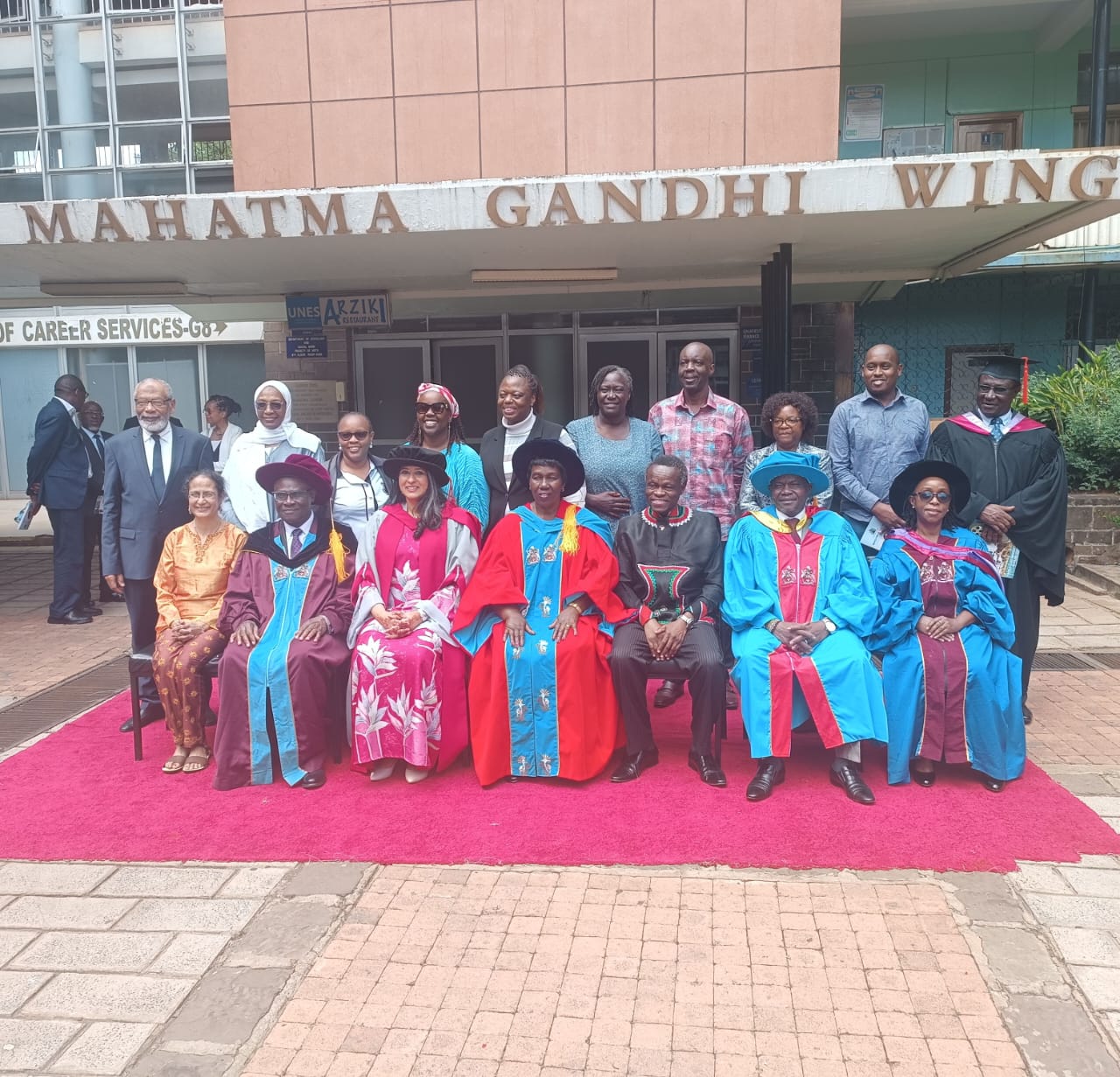
Decision makers should be guided by principles that
encompass people needs when formulating tax policies, Prof Attiya Waris has said.
Prof Waris reiterated that policy formulators should uphold the principles of responsibility, accountability, transparency efficiency, effectiveness, fairness and justice when formulating policies that are people centered with regards to tax regimes.
She said this will enhance creation
of taxes that are considerate to the peoples’ needs across the globe.
During her inaugural lecture at the University of Nairobi as
she was being conferred Professor of Fiscal Law and policy, she said it was
important to create a just fiscal system with tax policies packaged in a way
that is simple to understand by all cadres of people.
She said: “A fiscal system is the entirety of the revenue
and expenditure sources of an entity or institution, state or group of states.
It includes debt, aid, grants, loans, tax and business interests. While there
may be complexities, the underlying understanding of fiscal systems should be
well within the understanding of all people and that there remains a need for
all people from all walks of life to see their lives both between and within
fiscal systems in order to participate.”
She further explained
that humanising the fiscal law and policy with a focus on social contract,
lifecycle approach and raising living standards of individuals, societies and
states can lead to a peaceful world.
“I have found that in the decision-making process around
national and international finance at both state and individual levels, a
failure to approach the space from a principled position undermines the
legitimacy of the process which is always sub optimal at best. However, with
the compromise being made in the context of conflicting interests it can
threaten the stability of a community, region or state if the population is
unable to see and perceive fairness and justice in the decision-making process
and its intention,” she said.
With the limited resources in Kenya and the world, Prof Waris has called on the decision makers to explore ways that will ensure no
child goes hungry and no sick person will go untreated by eliminating
inequality in the distribution of the limited resources.
She further proposed principles that will guide the direction in which resources and finances flow and who receives it. The principles should also guide how resources are used by those who receive it by setting out priorities for spending.
She called on policy makers to prioritise formulation of policies that are geared towards reduction of poverty and the improvement of the living standards of people as the central focus.











